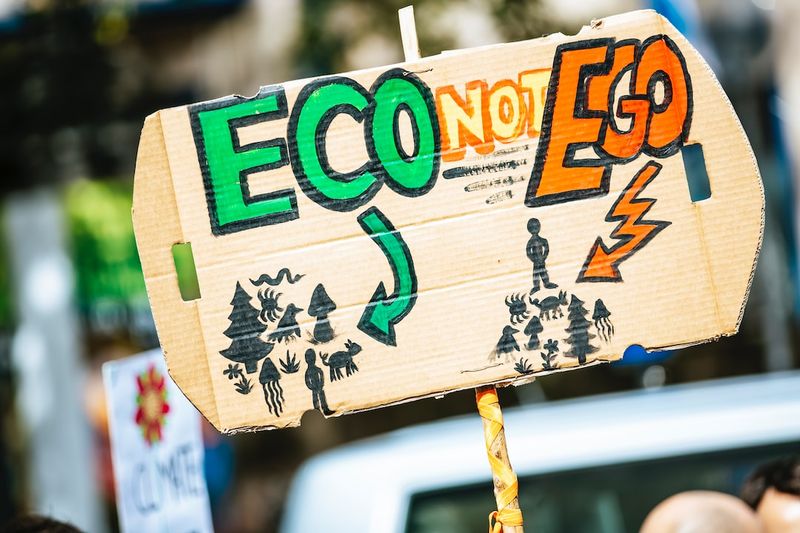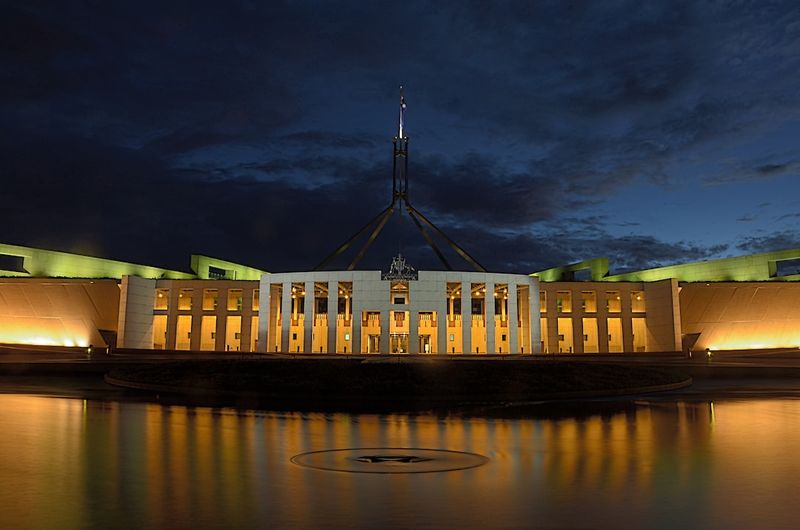The Troubles of Vladimir Putin’s Leadership: Crisis Analysis
Introduction
The political landscape in Russia has been marked by the leadership of Vladimir Putin for more than two decades. However, recent events and ongoing conflicts, such as Russia‘s war on Ukraine, have sparked a crisis analysis of Putin’s leadership style and the consequences it has for both Russia and the international community.
The Context: Russia‘s War on Ukraine
The crisis in Ukraine has undoubtedly influenced the perception and analysis of Putin’s leadership. The invasion of Crimea in 2014 and the ongoing conflict in Eastern Ukraine have been seen by many as examples of aggressive expansionism and a violation of international norms. This has led to tensions between Russia and the Western world and increased scrutiny of Putin’s actions.
The Wagner Group and Yevgeny Prigozhin
A key factor in the crisis analysis of Putin’s leadership is the role of the Wagner Group, a Russian paramilitary organization, and its alleged connection to Putin’s close associate, Yevgeny Prigozhin. The Wagner Group has been implicated in various conflicts, including Ukraine, Syria, and Libya, raising concerns about Russia‘s use of proxy forces to achieve its geopolitical goals.
Prigozhin, also known as “Putin’s chef,” has faced international sanctions due to his alleged involvement in the Wagner Group’s activities and his role in Russia‘s disinformation campaigns. The connection between Prigozhin, the Wagner Group, and Putin raises questions about the extent of the Russian president’s knowledge and control over these actors and their actions.
The Political Troubles and Leadership Challenges
Putin’s leadership has faced internal and external challenges in recent years. Domestically, protests against his regime in 2019 and the poisoning of opposition leader Alexei Navalny have raised concerns about political repression and the stifling of dissent. Internationally, Russia‘s actions in Ukraine and other geopolitical maneuvers have strained its relations with major Western powers.
Furthermore, Putin’s prolonged tenure as president, with his influence extending beyond his official term limits, has raised concerns about the consolidation of power and lack of democratic institutions in Russia. These concerns have led to calls for increased transparency, accountability, and a peaceful transition of power.
Philosophical Discussion: The Nature of Putin’s Leadership
A philosophical analysis of Putin’s leadership sheds light on the ethical and moral implications of his actions. One lens through which to view Putin’s leadership is the concept of realpolitik, which prioritizes national interests and power dynamics over moral considerations.
From a realpolitik perspective, Putin’s actions can be seen as pragmatic attempts to secure Russia‘s position in the international arena and safeguard its perceived national security interests. Adherents argue that his leadership has served to restore Russian pride and assert the country’s influence on the global stage.
However, this analysis raises important questions about the limits of realpolitik. Critics argue that Putin’s actions, such as the invasion of Crimea and support for authoritarian regimes, undermine international norms and human rights. They argue that the pursuit of power should not come at the expense of human suffering and geopolitical stability.
Editorial: The Need for a Balanced Approach
As the crisis analysis of Putin’s leadership unfolds, it is essential for the international community to adopt a balanced approach. Isolating Russia entirely may exacerbate the tensions and further entrench Putin’s regime, while complacency could enable further aggression.
Engagement, coupled with principled condemnation of human rights abuses and violations of international norms, presents an opportunity to foster change. The international community should leverage diplomatic channels to hold Russia accountable for its actions, urging transparency, respect for human rights, and a peaceful resolution to conflicts.
Advice: The Role of the Russian People
Amidst the crisis surrounding Putin’s leadership, it is crucial to remember the agency of the Russian people. Genuine change can only come from within, as the government‘s actions reflect the will and acceptance of the population.
Support for democracy, civil society, and independent media within Russia can contribute to a more informed and engaged citizenry. Encouraging dialogue and providing avenues for the expression of diverse opinions is essential for a vibrant democracy to take hold.
Conclusion
The crisis analysis of Vladimir Putin’s leadership highlights the complex dynamics at play in Russian politics and its relationship with the international community. As tensions rise and conflicts persist, a balanced approach that combines principled condemnation and diplomatic engagement is necessary. Simultaneously, fostering a climate that empowers the Russian people to demand change is key for long-term transformation.

<< photo by Markus Spiske >>
The image is for illustrative purposes only and does not depict the actual situation.
You might want to read !
- Putin Vows to Hold Wagner Mutiny Leaders Accountable for Their Actions
- Cardi B and Offset: Navigating Cheating Allegations amidst Infidelity Rumors
- Cardi B and Offset: A Public Battle Unfolds as Accusations Fly
- The Bruins’ Bold Move: Trading Taylor Hall to the Blackhawks for Salary Cap Relief
- “Power Move in the Windy City: Chicago Blackhawks Land Forward Taylor Hall in Major Multiplayer Trade”
- “Examining the Impact of the John Collins Trade: How Will the Hawks’ Huge Exception Change Their Future?”
- Russian Revolt: The LGBTQ+ Pride Movement Challenges Conventional Norms
- “The Current State of LGBTQ+ Pride in Russia: An Ongoing Struggle for Equality”
- The geopolitics of Chinese support for Serbia during renewed Kosovo clashes
- Lindsey Graham stands his ground against Russian arrest warrant




